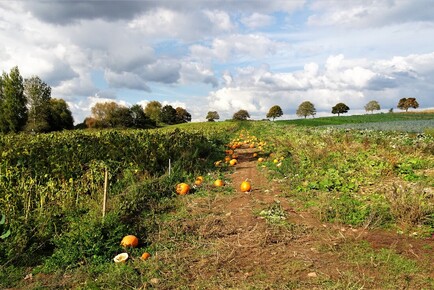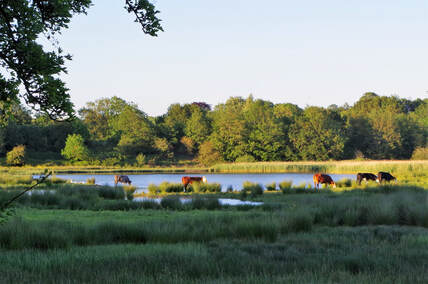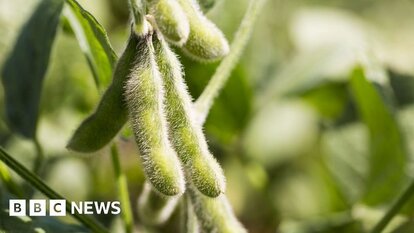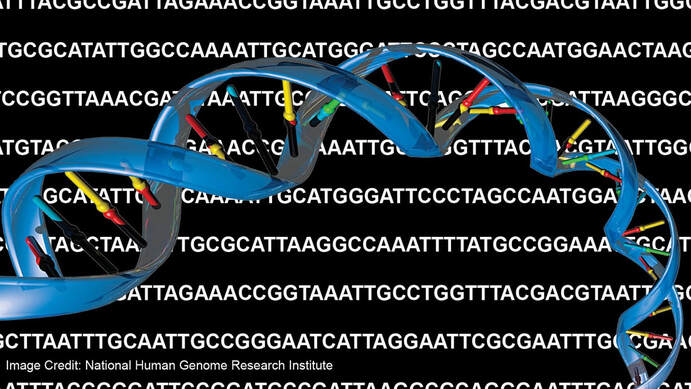|
John writes ...  Credit: John Bryant Credit: John Bryant In June’s post on this blog, I wrote about the CO2 emissions arising from production of different types of food; I also looked at the amount of land needed to produce the same range of foods. The obvious conclusion to draw from these data is that, both nationally and globally, we need to reduce the consumption of meat and meat-based foods in favour of plant-based foods. A similar conclusion was made in the 2020 report published by the UK Government’s Food Adviser, Henry Dimbleby (1). I need to emphasise that neither Dimbleby nor I are saying that everyone must be vegetarian or vegan; that is a matter of personal choice (we also note that some types of land are not suitable for crop production). However, we are emphasising that for the sake of the climate (and biodiversity) and in order to feed a growing global population, total meat consumption needs to be drastically reduced and plant-based food consumption needs to be increased. From a Christian perspective we can say that this shift is an aspect of both good stewardship and care for our neighbour.  Credit: John Bryant Credit: John Bryant This imperative to increase the consumption of plant-based foods also has implications for the plant science research community. Can we improve productivity, increase the efficiency of land use while at the same time reducing the need for application of fertilisers and pesticides? Understanding how plant genes work at the most fundamental level was the main area of my own research for many years. The combination of this level of research with studies of plant growth and crop yield will be vital if plant-based agriculture is to meet the challenges of the 21st century and beyond, as I recently discussed with my friend and colleague, Professor Ros Gleadow. In addition to being a Professor at Monash University, Melbourne, Ros is President of the Global Plant Council, an organisation dedicated to promotion of plant science education and research and to social and global justice in the applications of developments in the science. Earlier this summer she came to Europe to attend some conferences and meet other plant scientists. She spent two days in Exeter during which we were able to have extensive discussions about plant science research in general and our own interests in particular.  Credit: Ros Gleadow Credit: Ros Gleadow During her visit we spent a few hours in the Department of Biosciences at Exeter University, talking to some of the plant molecular biologists about their research. Amongst the several beautiful (and I use the word deliberately) projects, I want to mention just two. Firstly, many years of focussed research have revealed a network of responses at genetic level to the main stresses that climate change impose on plants, namely heat and drought. This will facilitate the breeding of crops (probably using GM and genome editing techniques) that are more resilient to climate change. Secondly, plants that apparently cope well with increased temperatures may be less able to cope with other stresses such as attacks by bacteria, fungi or viruses. It is a complex picture that will need more work to understand. More recently I have been able to continue my conversation with Ros, now back in Melbourne, courtesy of Zoom. There is a video that accompanies this blog post, which you can see by clicking here.  We talk about the work of the Global Plant Council, about the need for fairness and equality in all aspects of plant science and its applications and about priorities in plant science research. One very recent development that excites both of us is the use of GM technology to increase the efficiency of the mechanisms that plants (in this case, soya bean plants) use to capture the energy from sunlight. This led to a very marked increase in the rate of photosynthesis. It may be hard for non-biologists to appreciate how amazing this is. Because photosynthesis traps and uses energy from the sun, it is the ‘engine’ that drives all life on Earth. For an individual plant, increased rates of photosynthesis imply greater growth rates and greater productivity which is exactly what the international team of researchers found. The importance of this work was recognised by the media. In the UK, ‘serious’ newspapers (2) ran articles on it and it also featured on the BBC’s website (3). The excitement is certainly justified. If the technology can be used with other crops and especially with the major cereals, it will be a real ‘game-changer’ for global food production. As the research team leader, Professor Stephen Long, University of Illinois stated ‘This result is really relevant right now, [when] one out of 10 people on the planet are starving’. So, watch this space: we will report significant developments here. John Bryant
Topsham, Exeter August 2022 (1) In a recent interview by The Guardian newspaper, Dimbleby repeated this recommendation: ‘England must reduce meat intake to avoid climate breakdown, says food tsar’, The Guardian, 16 August 2022. (2) E.g., ‘New GM soya beans give 25% greater yield in global food security boost’, The Guardian, 18 August 2022. (3) https://www.bbc.co.uk/news/science-environment-62592286
0 Comments
|
AuthorsJohn Bryant and Graham Swinerd comment on biology, physics and faith. Archives
July 2024
Categories |

 RSS Feed
RSS Feed
